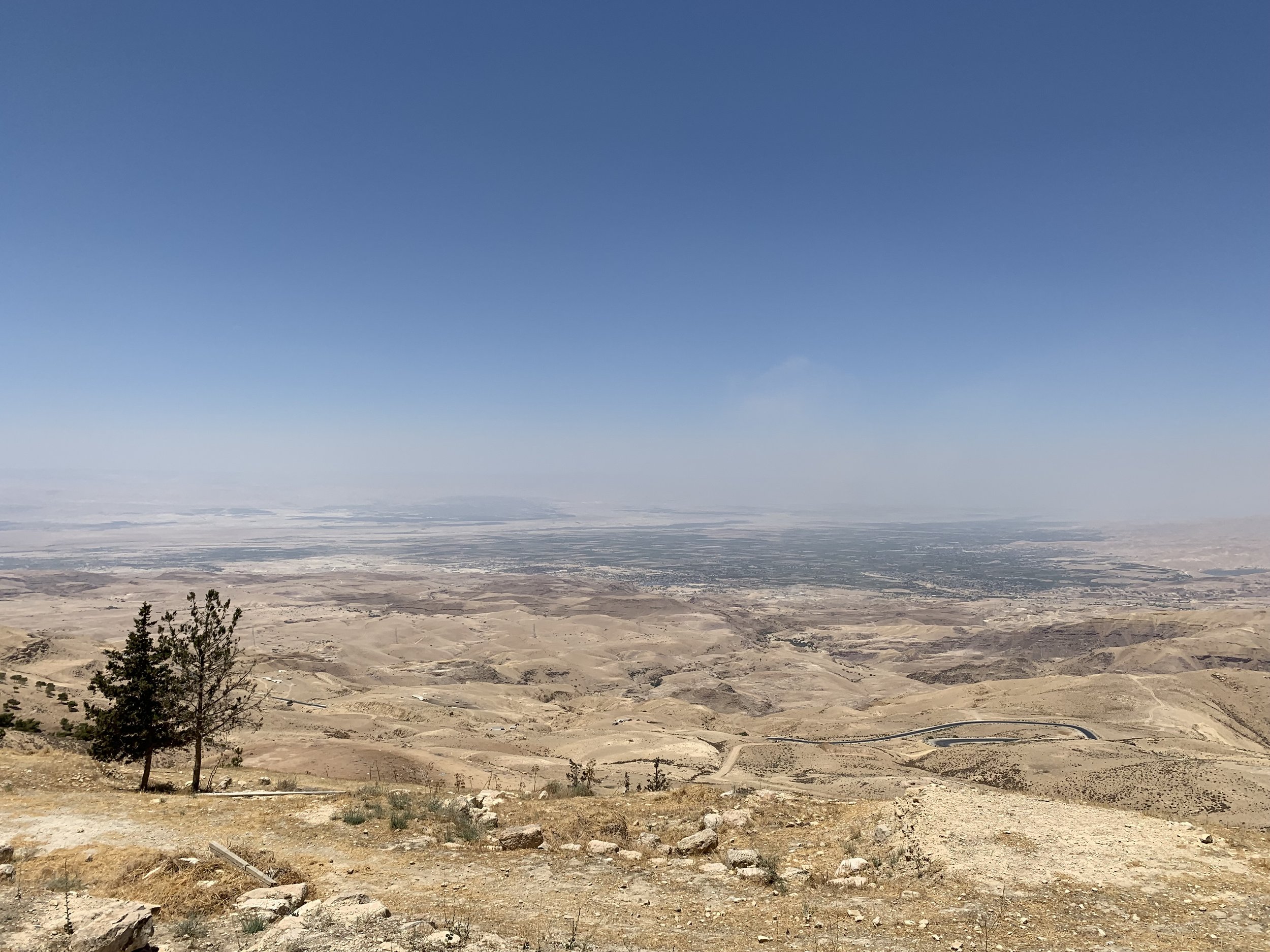Readings for today: Deuteronomy 7-9, Psalms 55
One of the things I love most about God is His great faithfulness. God always delivers on His promises. God always keeps His Word. God will never abandon His people. Deuteronomy is Moses’ last sermon to Israel. He has led these people for decades. They’ve seen incredible miracles. They’ve experienced hardship and suffering. Now they stand on the cusp of the Promised Land. They can look over the Jordan River and see the land God has given them. But they also know the land isn’t empty. There are rival nations already living there. Pagan tribes who engage in all kinds of detestable worship practices. Driving them out will not be easy. It will require a long season of sustained warfare that will test their faith in God.
So Moses reminds them of all God has done. Reminds them of why they were chosen in the first place. I love his words. “For you are a holy people belonging to the Lord your God. The Lord your God has chosen you to be his own possession out of all the peoples on the face of the earth. “The Lord had his heart set on you and chose you, not because you were more numerous than all peoples, for you were the fewest of all peoples. But because the Lord loved you and kept the oath he swore to your ancestors, he brought you out with a strong hand and redeemed you from the place of slavery, from the power of Pharaoh king of Egypt. Know that the Lord your God is God, the faithful God who keeps his gracious covenant loyalty for a thousand generations with those who love him and keep his commands.” (Deuteronomy 7:6-9 CSB) God tends to stand on the side of the weak. The oppressed. The enslaved. He takes the side of the poor, the outcast, the sinner. He did not choose Egypt or Assyria or Babylon or any of the other far more powerful Ancient Near East empires. He chose Israel. He was faithful to the oath He swore to Abraham, Isaac, and Jacob. He refused to abandon His people to a life of slavery and death.
God is faithful. He keeps the covenant. He is steadfast in His love. He is the guarantor of our relationship. Why can we count on God? Why can we trust God? Why can we believe God? Because He is faithful. To Himself. Faithful to His own character and nature. God never changes. He is who He says He is. That is why His name is “I am who I am.” Friends, no matter where life finds you today, God is faithful. He is with you. He will never leave you or forsake you for He is faithful.
Readings for tomorrow: Deuteronomy 10-12, Psalms 56 (No devotionals on Sundays)





